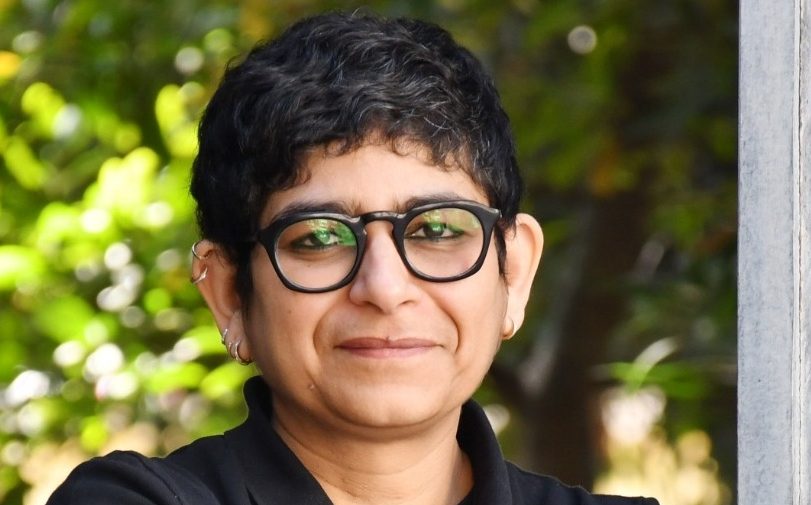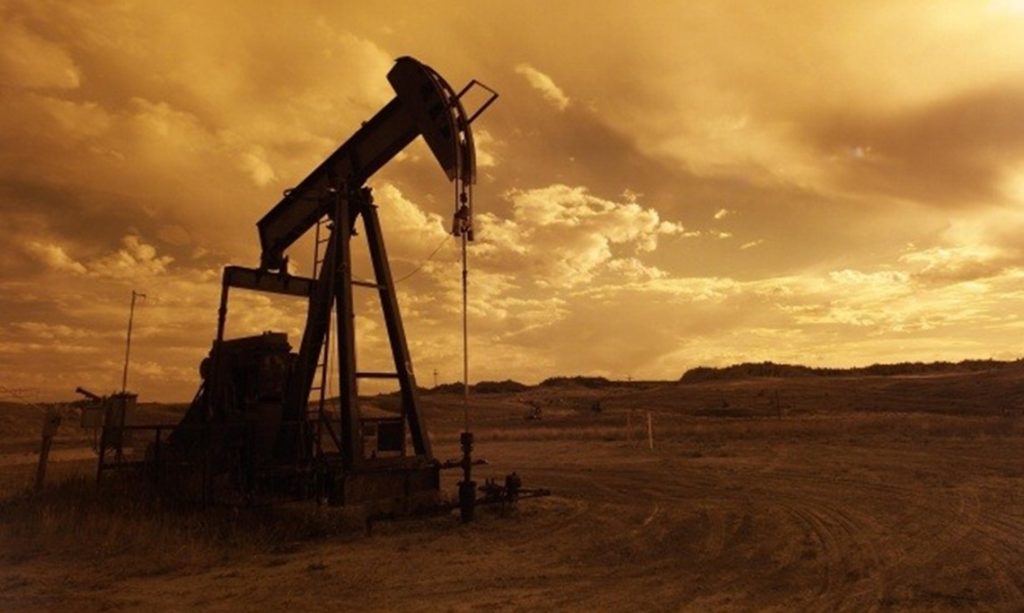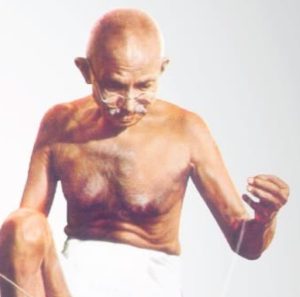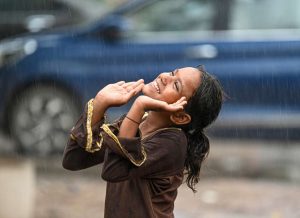Chaudhari majored in Theatre Directing and Light Design from Bennington College in the US. She is the granddaughter of (late) Ebrahim Alkazi, eminent Indian theatre director, and daughter of theatre director Amal Allana, former Chairperson of the National School of Drama (NSD) in the capital…writes Sukant Deepak
Interrogating the role art can play as a means of knowledge production in the context of ecological interrelations, and if artists and artworks articulate the web of ecological, cultural, economic, historical, and political relations as legitimate legal narratives in a judicial context, Khoj International Artists’ Association’s presentation ‘In the matter Re: Rights of Nature’ directed by Zuleikha Chaudhari, a staged hearing, showcased in Chandigarh recently was unique in multiple ways. Held at the Open Hand monument, it involved retired judges, practicing lawyers, and artists as witnesses.
The project foregrounded the Rights Of Nature as an expansion of the Right to Life as enshrined under Article 21 of the Constitution of India. Following on from an earlier project staged as a Commission of Inquiry under the Commission of Inquiry Act 1952, Landscape As Evidence: Artist As Witness, the latest project employed the format of the NGT (National Green Tribunal) in order to explore “principles of natural justice” in the context of environmental justice.
The fictional case, filed by Khoj International Artists’ Association and Zuleikha Chaudhari, indicts the Union of India through the Ministry of Environment, the respective State stakeholders, and a fictitious Farmer’s Union for their inability to stop stubble-burning in areas of Punjab, Haryana, and Delhi. The hearing staged the arguments put forth by the three parties considering fundamental issues that place both the human and non-human in polluted ecosystems.
While Chaudhari has worked on staged hearings before too, it was in the year 2007 that she was invited by Khoj to work on a project with them that looked at law, performance, and ecology. It was in that course, the ‘artist witnesses’ were conceived. “For me, the broader question has always been ‘what does art do, and what does it mean to work on issues and performances on what artists see around them? Outside the art community, for me the question of what performance does and where it lies between the real and lot is an important question,” Chaudhari tells about the three-hour multilingual presentation (Hindi, Punjabi, and English) that witnessed a full house.
Working with law performance and ecology in ‘In the matter Re: Rights of Nature’, the project comes specifically from being part of Khoj’s ‘Where Does the Blue Sky Lie’, the umbrella project. “When Pooja Sood (Director, Khoj) spoke to me, I knew it would be something about air pollution, stubble burning and it seemed like an important thing to be looking at, it’s not just a one-off thing. It is a historical issue.”
The latest project talked about air pollution in Delhi, and stubble burning, but focussed on the idea of what nature means. And what does it mean to say that the ecosystem of Delhi NCR is entitled to its own processes? “These briefs were developed and discussed and it’s a project that has been in the works for almost a year and a half. And yes I think the idea is how one inserts rights of nature into Article 21 (Right to Life) I think this is key as at the moment life in Article 21 only means human life. This is really asking to expand in the non-human because an ecosystem is not just plants; it’s humans, insects, and animals. What’s critical to think about in general when we ask about the rights of nature, whether it’s in an urban setting or agricultural land? These are important and complex landscapes, it’s not about a lake or a forest reserve. It is something that is interrelated with humans in deep ways,” she says.
Chaudhari majored in Theatre Directing and Light Design from Bennington College in the US. She is the granddaughter of (late) Ebrahim Alkazi, eminent Indian theatre director, and daughter of theatre director Amal Allana, former Chairperson of the National School of Drama (NSD) in the capital.
Ask her about the experience of working on this project purely as a theatre director and she says that since 2014, she has been working with law and performance, and looking at law and environment — conceptually these projects are based around the idea of what is performance theatre and law. Bringing queries that are essentially theatre questions as the performance comes from theatre, and what it means in the context of law, she adds that her processes have changed over a period of time. “The idea of rehearsal is not putting actors in a room where you improvise a work. I am interested in the larger idea of a rehearsal based on ideas. Normally, things get discarded, and the stress is to focus on a web of interrelated ideas. Here, I wanted to bring artists in conversations with lawyers and look for what merges what emerges from the conversations.”
But in projects like these, does she witness more theatre in realism now? Admitting that in a way it is a revisitation of the idea of realism taken to another level, she says the people involved are ‘who they are’ and are performing the ideas.
“They stick to legal protocols, we have not set up an alternate court. The idea is to see what the parameters are and how they exist. And also to tease out the possibilities of what is possible. For me, the idea of a precedent becomes possible which was not possible (legally). That is the same for me with law and theatre — precisely where it dovetails for me. It is about thinking through what we have and interpreting it to go beyond that,” she concludes.
ALSO READ-Yoga for better sleep








